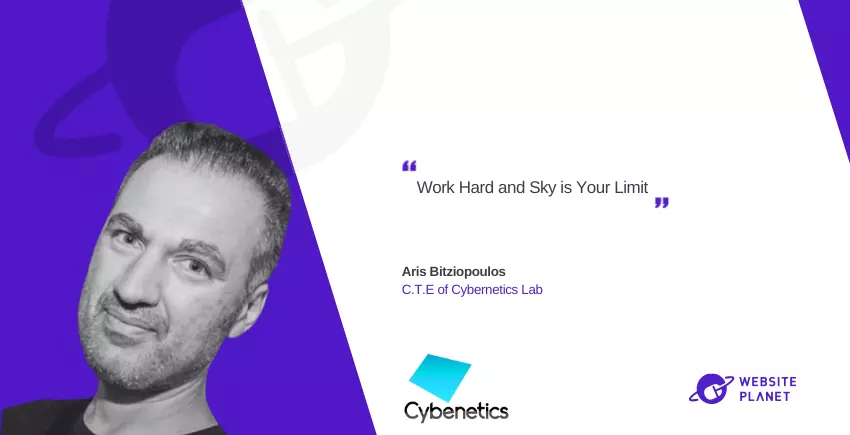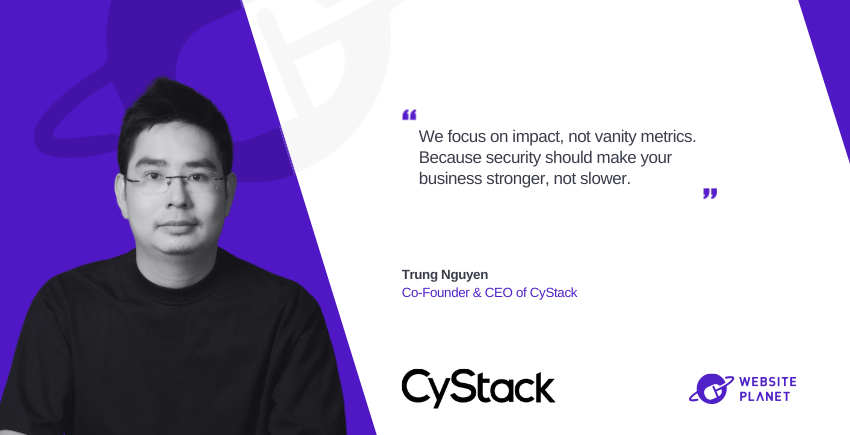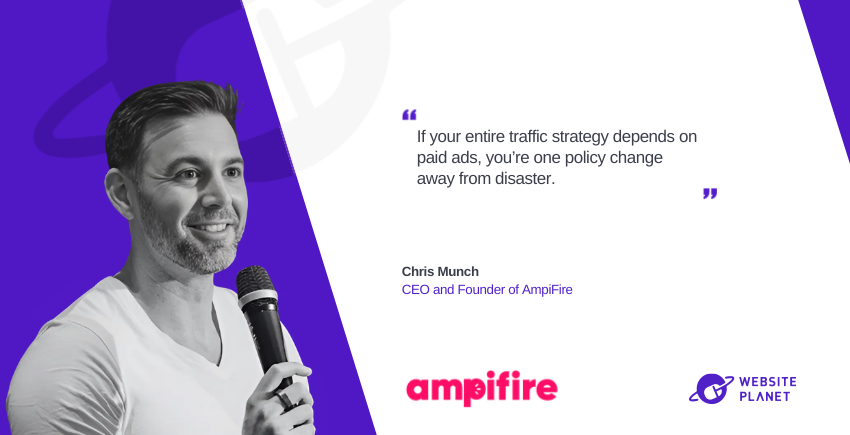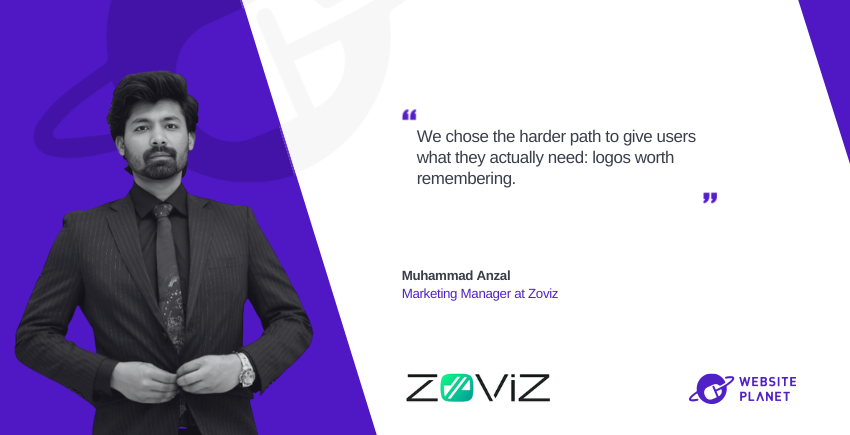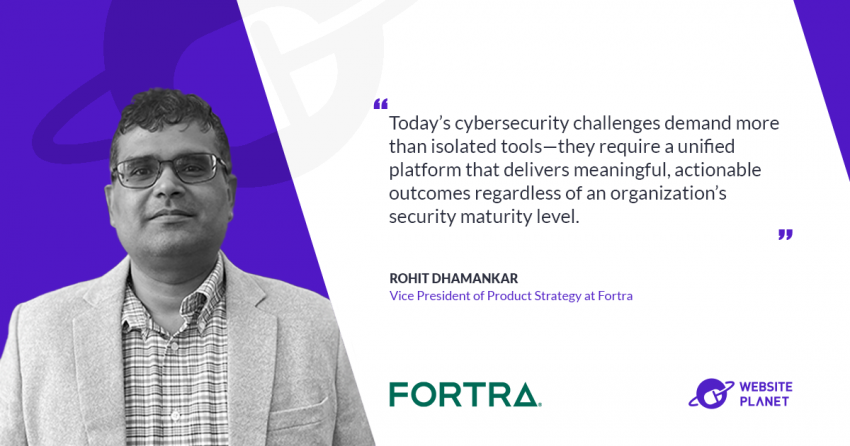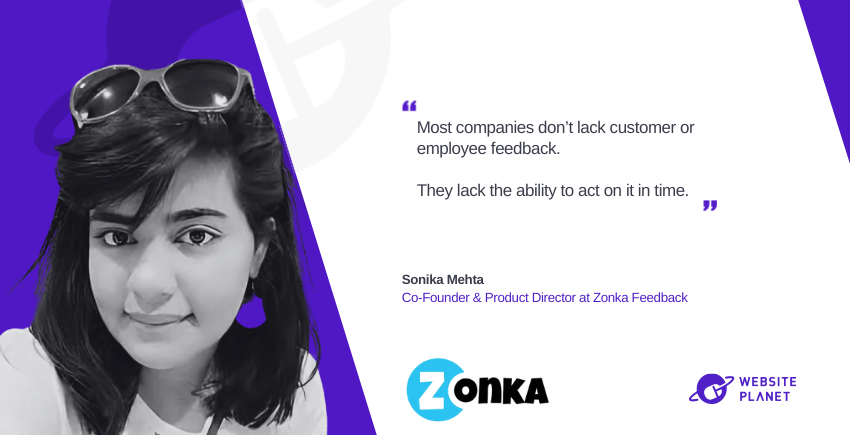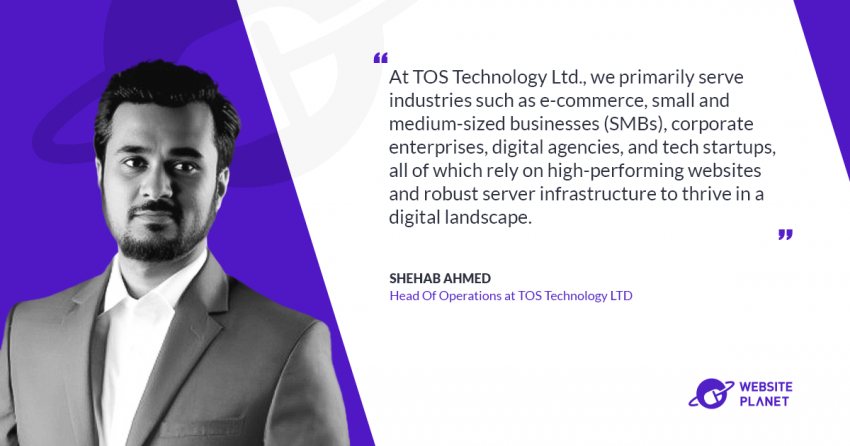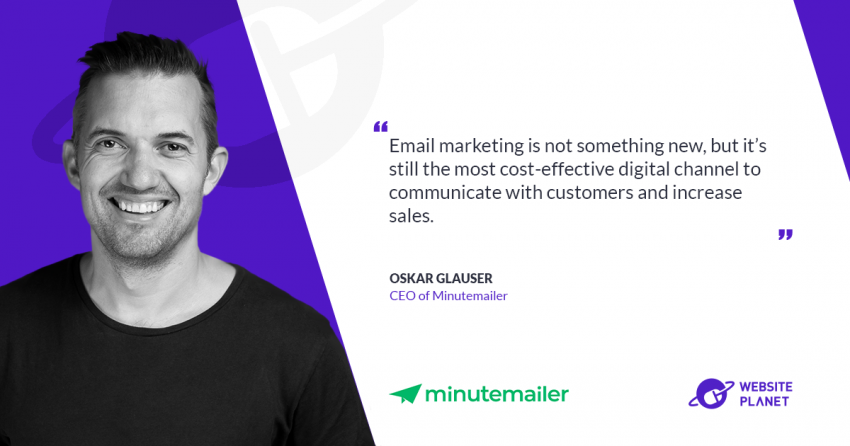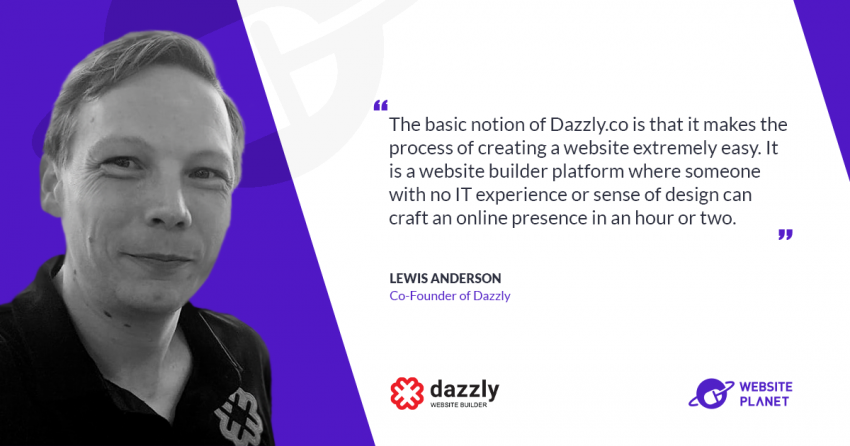In 2–3 sentences, why does your company exist? What’s the fundamental issue it was designed to solve?
Cybenetics was founded to bring much-needed transparency, accuracy, and real-world relevance to power supply unit (PSU) certifications—especially in energy efficiency and noise levels. We recognized that existing methodologies lacked depth, consistency, and modern relevance, so we created a solution designed to reflect the true performance of hardware in everyday conditions.What makes this pain point so severe in your industry that you set out to create your own solution?
Contrary to popular belief, choosing a PSU isn’t just about wattage. A highly efficient PSU not only reduces your electricity bill, but it also minimizes environmental impact through less wasted power. Yet, for years, the industry relied on oversimplified metrics and outdated testing protocols. We knew there was a better way—one rooted in data, real-world testing, and uncompromising standards. Cybenetics developed an in-depth rating methodology based on thousands of individual measurements across multiple parameters:- Overall Efficiency: A key indicator of energy conversion performance.
- Power Factor (PF): Reflects how effectively power is used versus supplied.
- 5VSB Efficiency: Highlights the often-overlooked standby rail performance.
- Vampire Power: A humorous term for a serious issue: how much power a PSU draws in standby. The lower, the better.
Who is most affected by this issue, and why are they still stuck with it?
Every PC user is directly affected: whether you’re a gamer, a professional, or a data center operator, power efficiency influences your energy bills and environmental footprint. Unfortunately, many consumers remain uninformed or misled by vague or inconsistent PSU ratings. Our strict and transparent certification system aims to change that. In fact, our Diamond badge—requiring 93% or greater efficiency—is now a benchmark for excellence.
EDITOR’S NOTE
What are the benefits of a better PSU?
If improving PSU efficiency by 15–20% could reduce electricity consumption by 1%, just the US could save 40 billion kWh annually (equaling the output of 4.85 nuclear reactors or about 12 coal power plants). At an average residential electricity rate of 15.95 cents per kWh (as of April 2025), this means approximately $6.38 billion saved every year.
Roberto Popolizio
Senior editor
Senior editor
What’s everyone else doing to solve this problem, and why are their solutions flawed? What makes your approach different?
Legacy certification systems have become outdated, using narrow testing scopes, low ambient temperatures, and limited measurement points. They don’t measure 5VSB or standby power consumption, and they struggle to prevent badge misuse or fraud. At Cybenetics, we do what others can’t or won’t:- Test across hundreds of load points and real-world conditions.
- Disclose all testing protocols and equipment via public white papers.
- Follow ISO 17025 and ISO 17065 guidelines, and are actively applying for full accreditation.
- Maintain methodology flexibility to adapt quickly to new industry standards (like those from Intel) without losing data integrity.
- Develop independent tools to verify badge legitimacy and detect attempts to game the system.
